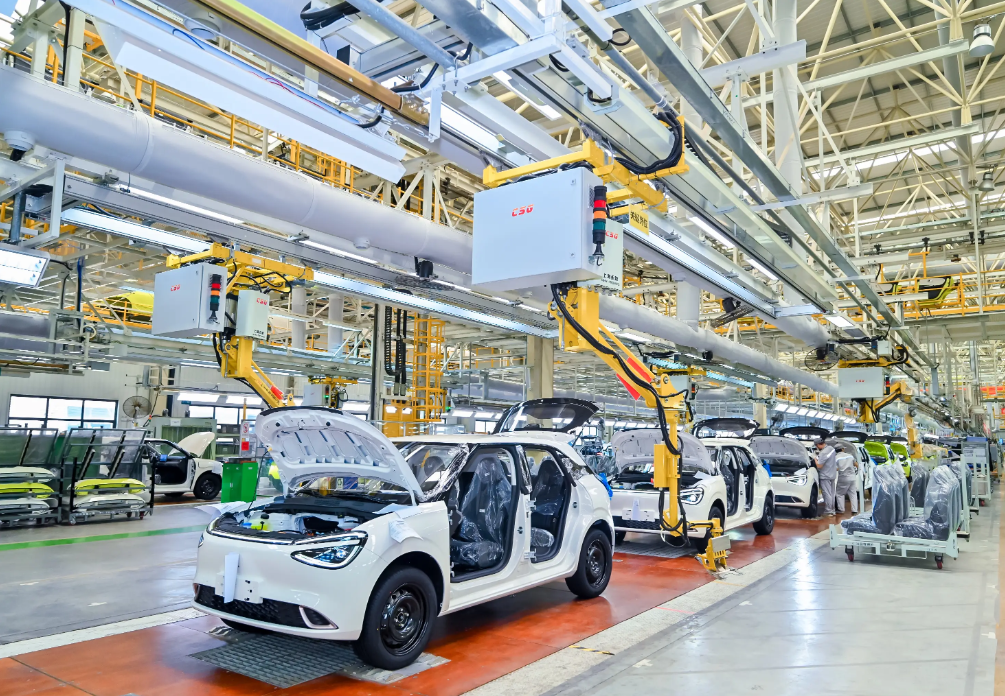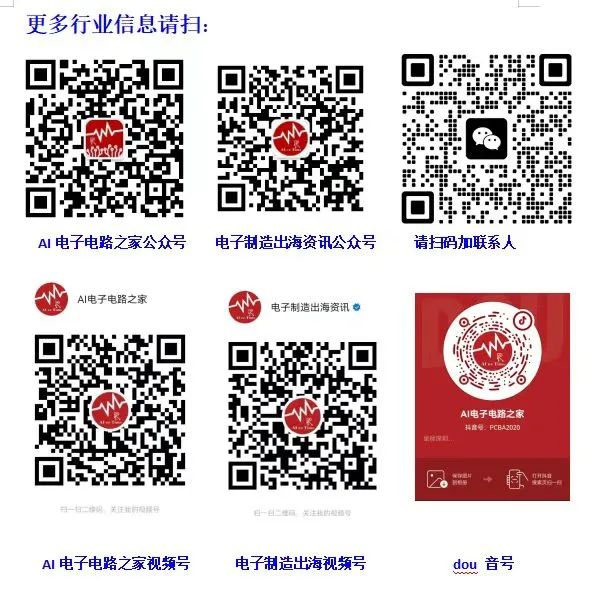— Hot Analysis —

On the evening of June 10, 2025, several automakers announced that they would unify the payment terms for suppliers to be within 60 days. This initiative is a proactive response to the revised “Regulations on Payment for Small and Medium-sized Enterprises” by the State Council, aimed at promoting efficient capital flow in the industrial chain and supporting the development of small and medium-sized enterprises. This policy is a timely boon for Chinese PCB companies and is expected to have a positive impact in multiple areas.
Alleviating Financial Pressure and Enhancing Cash Flow Stability
Previously, the long payment terms in the automotive industry placed significant financial pressure on many small and medium-sized enterprises, with some automakers having payment terms extending for months or even a year, leading to slow capital recovery for suppliers and tight cash flow. As PCBs are key foundational components in automotive electronics, many PCB companies hold important positions in the automotive supply chain but have also suffered from excessively long payment terms. With the payment terms now shortened to within 60 days, PCB companies will be able to receive payments more quickly, accelerating capital recovery and effectively alleviating their financial pressure, thereby enhancing cash flow stability. This will provide PCB companies with more sufficient funds for purchasing raw materials, upgrading production equipment, and expanding production capacity, which will help improve production efficiency and market competitiveness, further expanding business scale and achieving better development.
Enhancing Negotiation Power and Improving Cooperation Position
The shortening of payment terms will enhance PCB companies’ negotiation power in collaborations with automakers. In the context of previously long payment terms, automakers often held a dominant position in the supply chain, and PCB companies might have made significant concessions in terms of price and payment conditions to maintain business relationships. Now, with the compression of payment terms, PCB companies will have lower capital costs, giving them more confidence in negotiations with automakers, allowing them to secure more favorable conditions regarding price, quality, and delivery times, thereby improving their cooperation position in the supply chain and achieving a more equitable, reasonable, and stable partnership with automakers, promoting mutual development.
Promoting Technological Innovation and Industrial Upgrading
Stable cash flow and enhanced negotiation power provide PCB companies with the financial assurance needed for increased R&D investment and technological innovation. The PCB industry experiences rapid technological updates, and companies need to continuously invest in R&D resources to enhance product performance, quality, and reliability to meet the growing high-end demands in automotive electronics. The positive impacts brought by this policy will enable PCB companies to invest more funds into the R&D of new technologies, processes, and products, accelerating the pace of technological innovation and industrial upgrading, driving the PCB industry towards high-end, intelligent, and integrated development, better serving the automotive electronics and the entire electronic information industry, and providing stronger support for the high-quality development of China’s automotive industry.
Stabilizing the Supply Chain and Reducing Risks
Shortening payment terms helps reduce the risk of capital chain breakage for PCB companies, avoiding a chain reaction in the industrial chain triggered by crises in individual automakers, thereby enhancing the overall stability of the industrial chain. The automotive supply chain is large and complex, and any issues in one link can affect the normal operation of the entire industrial chain. As an important part of the automotive electronics supply chain, the stable operation of PCB companies is crucial for ensuring the smooth production of complete vehicles. By compressing payment terms, the operational risks for PCB companies can be reduced, ensuring their stable supply position in the industrial chain, thus maintaining the stability and security of the entire automotive supply chain and promoting the healthy and sustainable development of the automotive industry.
Driving Industry Consolidation and Optimization
This policy may also prompt consolidation and optimization within the PCB industry. In the context of shortened payment terms, those small and medium-sized PCB companies with weaker financial strength, lower technical levels, and poor management may face greater survival pressure and even be eliminated from the market. In contrast, large PCB companies with technological advantages, economies of scale, and management capabilities will have better opportunities to stand out in market competition, achieving resource integration and increasing industry concentration through mergers, acquisitions, and restructuring, further optimizing the industrial landscape of the PCB industry, enhancing the overall development level and international competitiveness of the industry, and driving the PCB industry towards high-quality, large-scale, and intensive development.
In summary, the policy of several automakers compressing supplier payment terms to within 60 days brings numerous positive impacts to Chinese PCB companies, likely promoting new breakthroughs and developments in the PCB industry in terms of technological innovation, market expansion, and industry consolidation, assisting China’s automotive industry and electronic information industry in advancing to a higher level.
